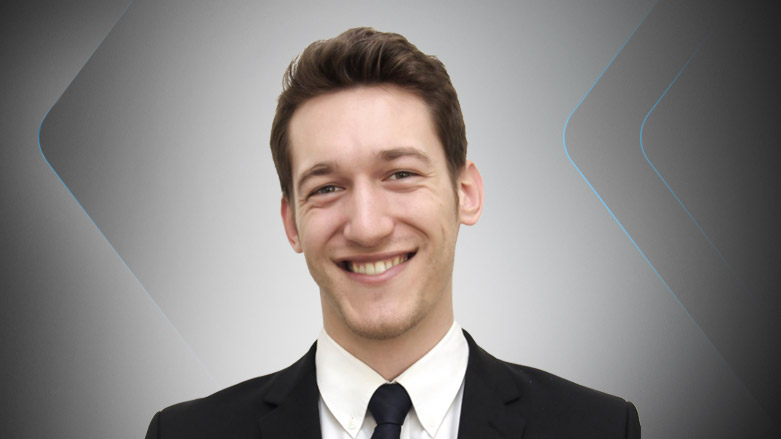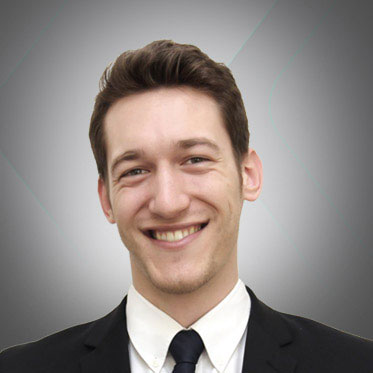Time for International Recognition of Al-Anfal, Halabja, and Sinjar as Genocide

Only 30 kilometers from Erbil, the capital of the Kurdistan Region of Iraq, the frontlines with the terrorist organization, the Islamic State (IS), also known under its Arabic acronym “Daesh”, begin. Every day, the Kurdish Peshmerga forces, supported by the international coalition, engage in battle with IS terrorists, risking their lives to protect the Kurdish people as well as the countless refugees that found shelter in the Kurdistan Region of Iraq.
Two years ago, when IS militants marched into Iraq, hundreds of thousands of civilians were forced out of their homes. Those who did not flee had to suffer an indescribably gruesome fate. Especially the Ezidi Kurds who were targeted by the terrorists: Because of their religion, the Ezidis were hunted, persecuted, enslaved, and murdered.
Could this have been prevented?
Already 26 years before the advance of IS, in 1988, Kurds were victims of violence, displacement and extermination, due to their non-Arab ethnical background: The most modern military equipment of the time, as well as forbidden weapons – most notably poison gas – were used against civilians by the Saddam-regime, to subdue the Kurdish population.
Parallel to the Arabization-campaign of Northern Iraq by Saddam Hussein’s Ba’ath-Regime, but also caused by the chaos created by the war between Iran and Iraq (1980-1988), the town of Halabja was bombed on 16 March 1988, killing 5,000 and wounding between 7,000 and 10,000 – approximately 75% were women and children.
Some of the victims were transported to Austria, my home country, where they were treated in our hospitals – which is also why this topic is very close to me personally.
Back then, when shunning, intervention and punishment would have been the logical next steps, the international community did not react. Geopolitical reasons — mainly the support of the West for Saddam’s war with Iran — kept the international community silent. Only years after the heinous attacks, when Saddam was no longer of any strategic value, international reactions to the crimes committed began to emerge.
This created a precedent: Attacking Kurds remains without consequence. 26 years after the genocide of the Kurds, Daesh knew they would not have to face a reaction by the international community and two years ago they commenced with yet another attempt at genocide in Iraq, once more targeting the Kurds, this time of Ezidi faith.
It is self-evident what needs to be done to break this vicious circle of ever-repeating history: For the survivors of the crimes of 1988 and of 2014 international recognition of the crimes as genocide is of high importance. Firstly, recognition means the conservation of the memory of the crimes, to prevent repetition. We need to make sure that the perpetrators are being shunned by all nations across the globe and that those who commit atrocities will always be ostracized and punished by the international community. Secondly, recognition is also always a symbol for those who survived, that there is still a wish and the intention to create a state of law, a functioning system and structures on which to rebuild what has been destroyed.
Hence, I call for the international recognition of the atrocities committed in the course of Al-Anfal, in Halabja, as well as in Sinjar, as what they are – Genocide. I am convinced that recognition is the only way to guarantee that the crime of crimes will never be committed again and that its survivors can finally go back to leading a normal and peaceful life.
Kristof Grabmayer was born in Klagenfurt, Austria and studied in Graz, Vienna (both Austria), and Bordeaux (France). He works with the Representation of the Kurdistan Regional Government in Austria.
If you wish to contact him about this article, write him an e-mail: [email protected]
The views expressed in this article are those of the author and do not necessarily reflect the position of Kurdistan24.
Editing by Delovan Barwari
